Goethe : umělecké dílo života : biografie
- 600 stránek
- 21 hodin čtení
Rüdiger Safranski je německý literární vědec a autor. Od roku 2012 působí jako profesor filozofie a humanitních věd na Svobodné univerzitě v Berlíně.

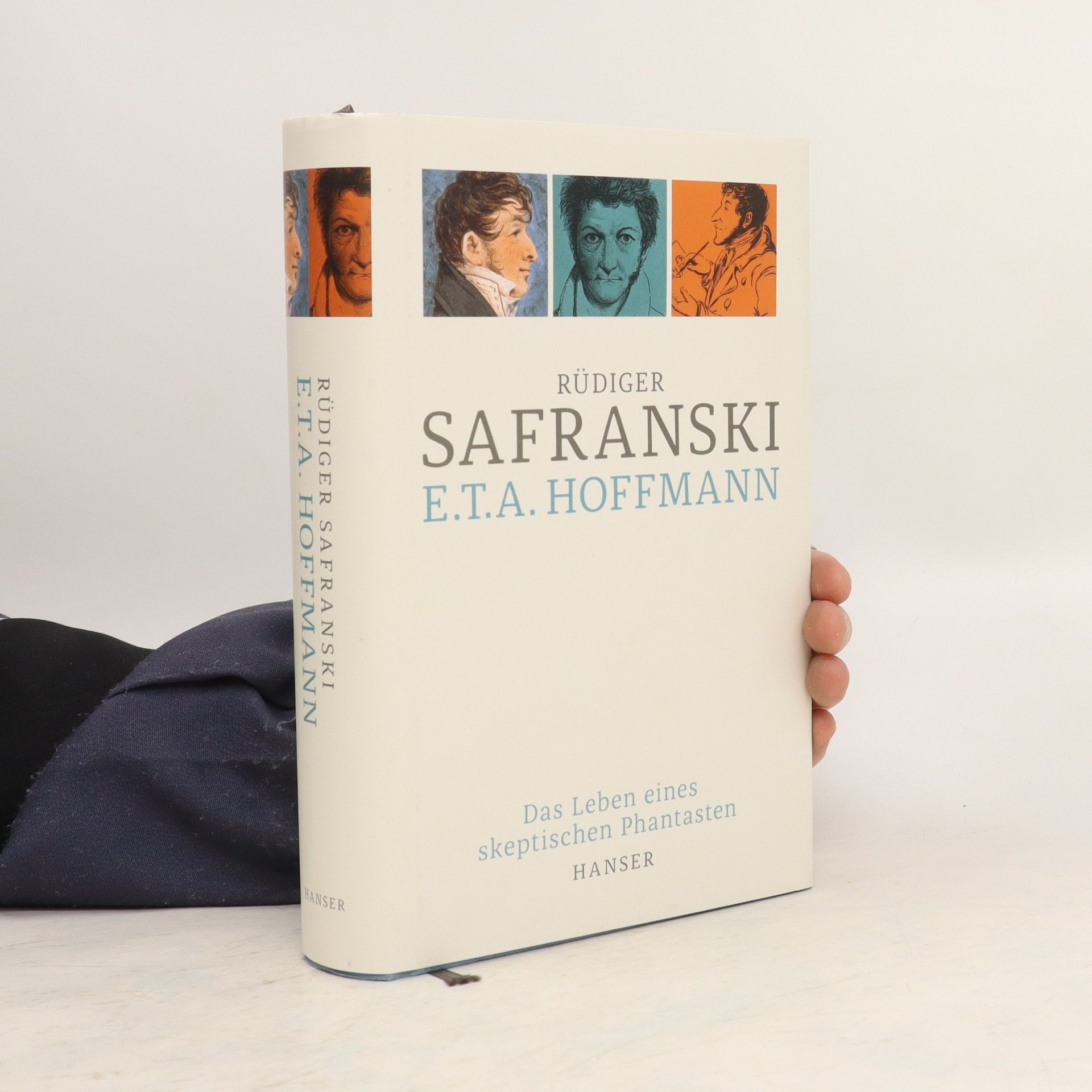
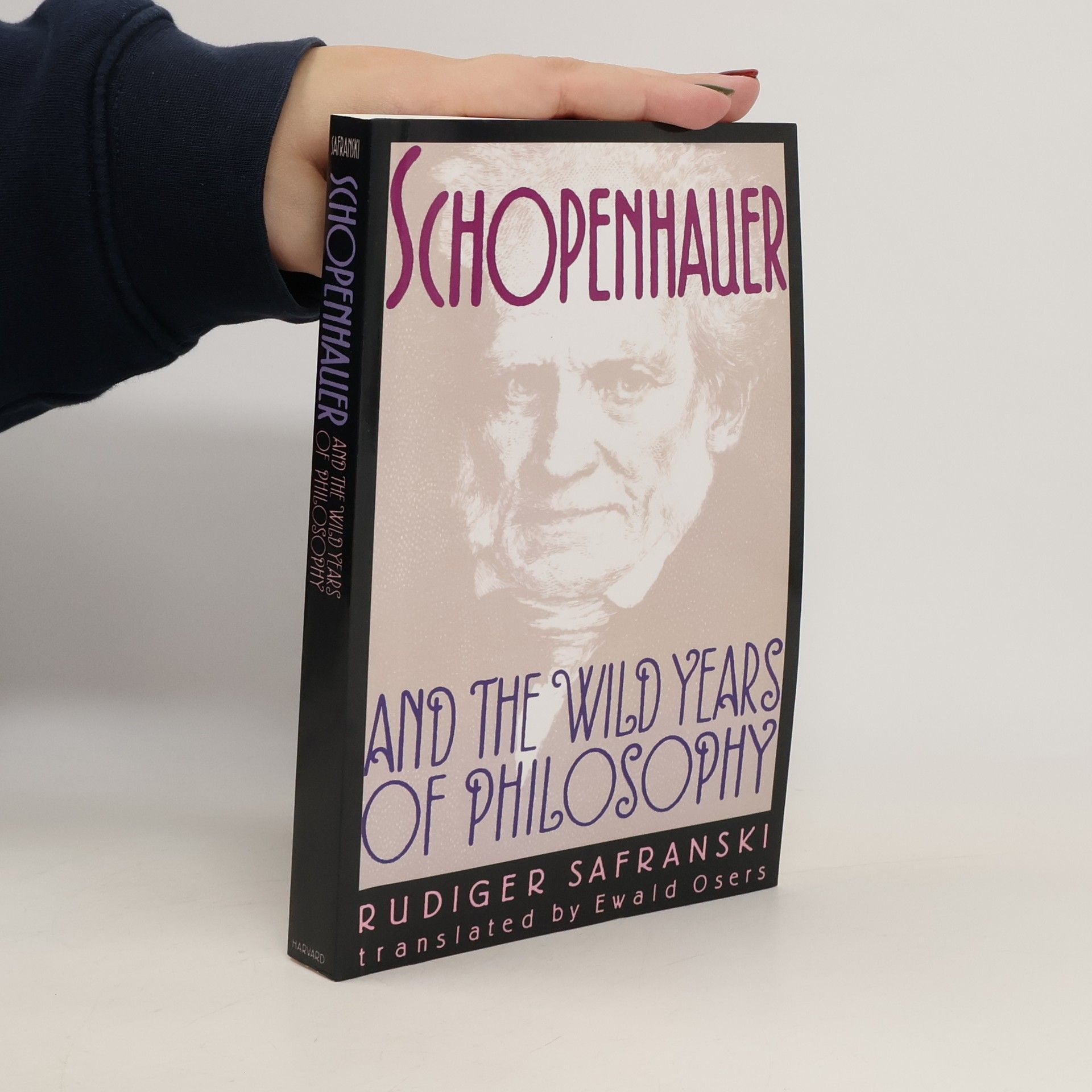
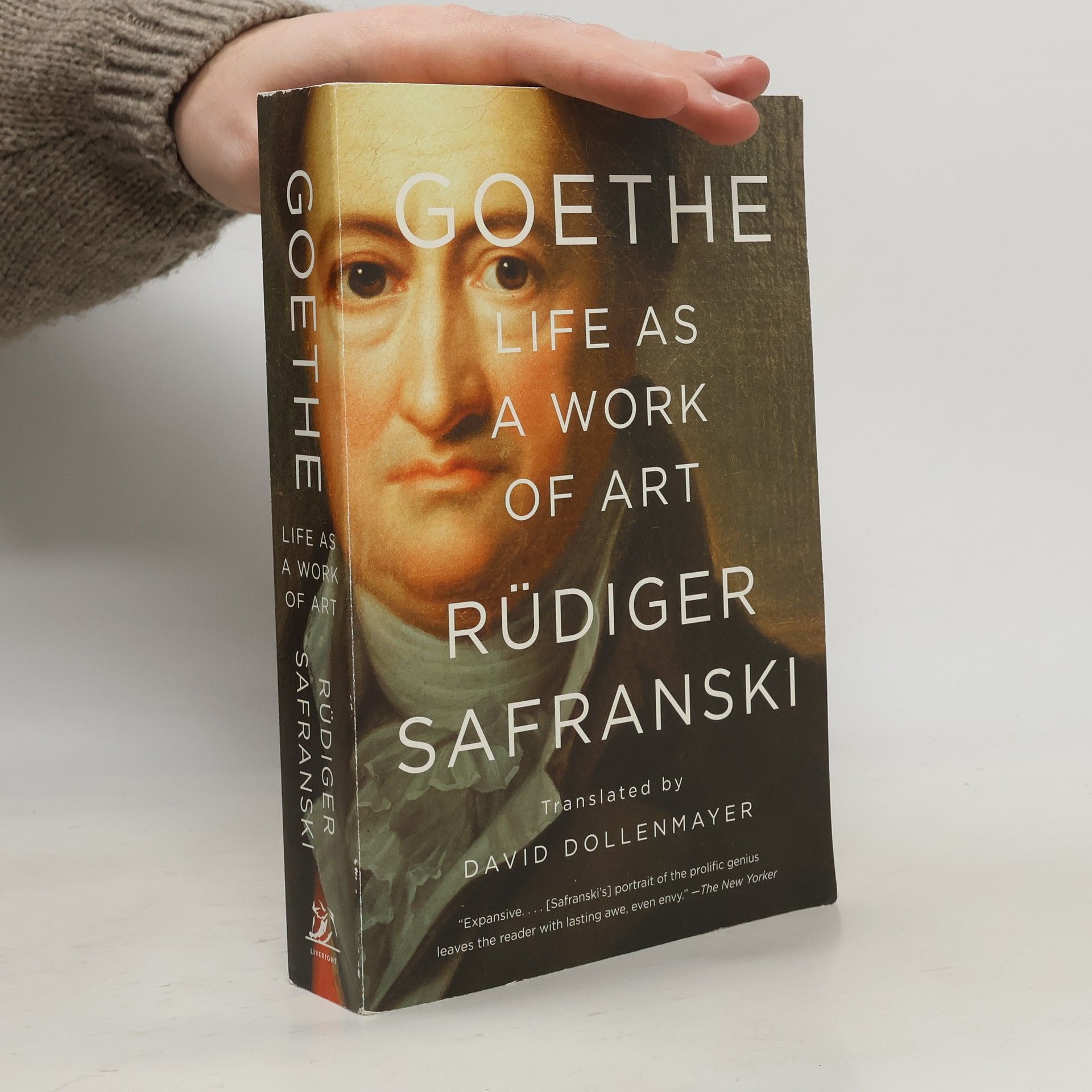
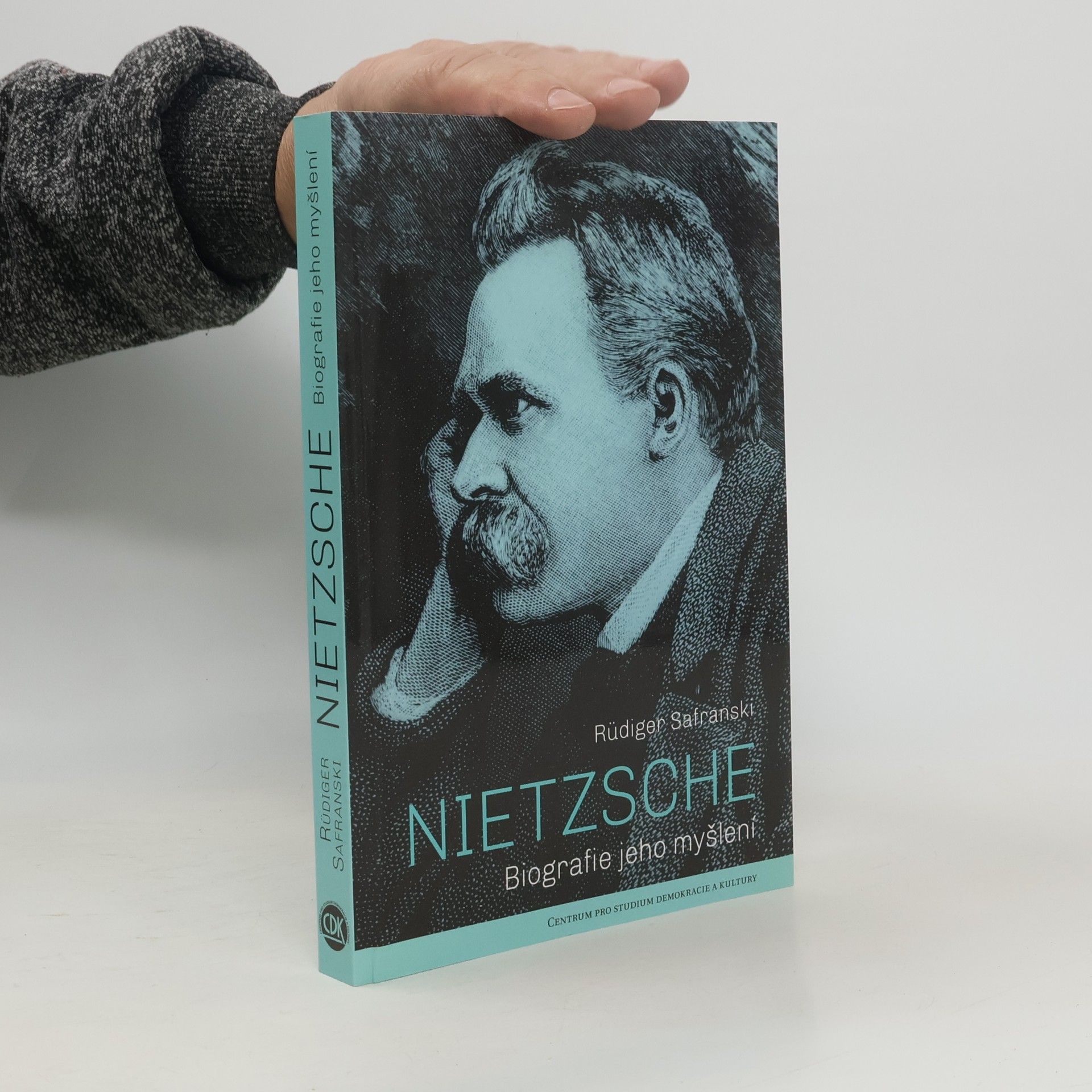
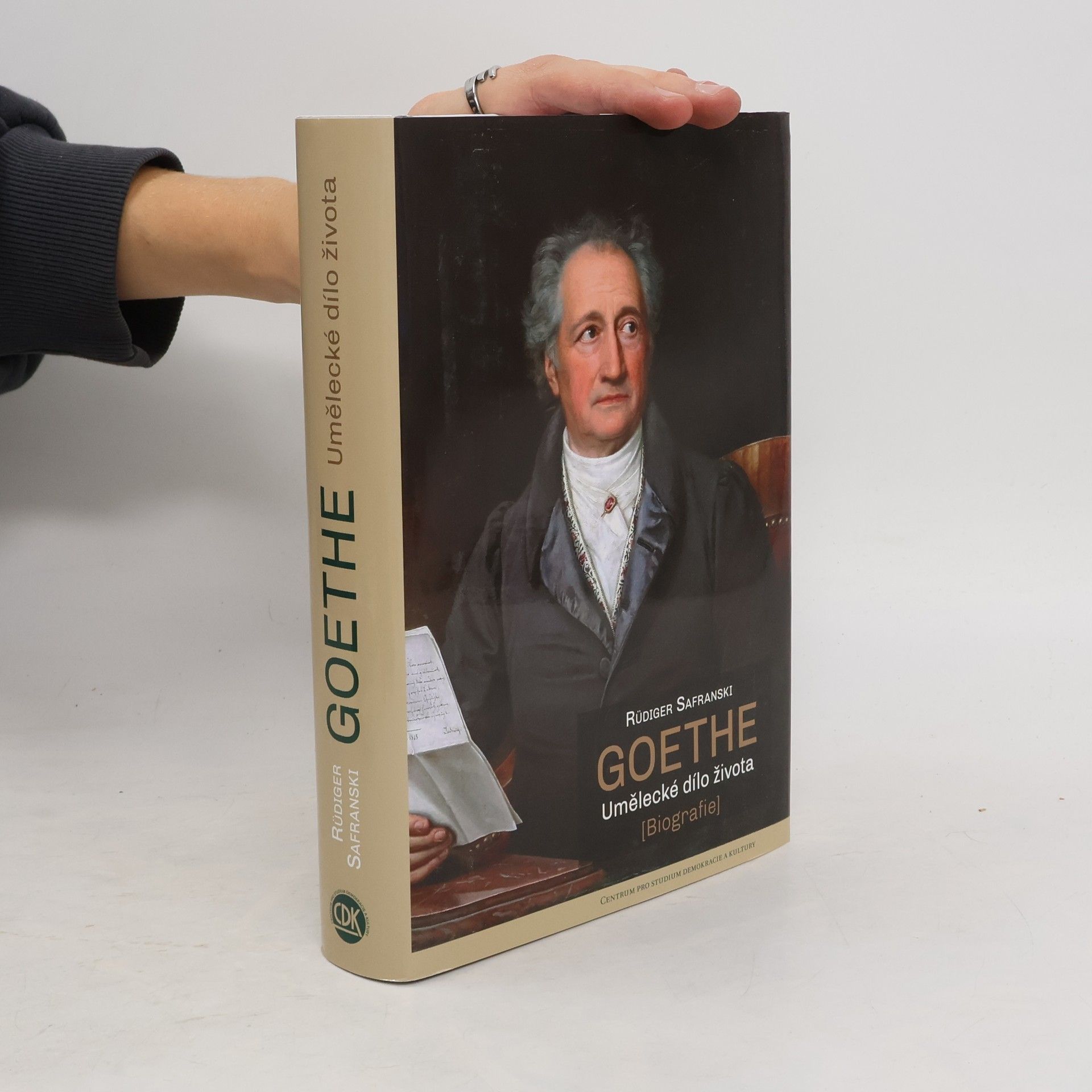
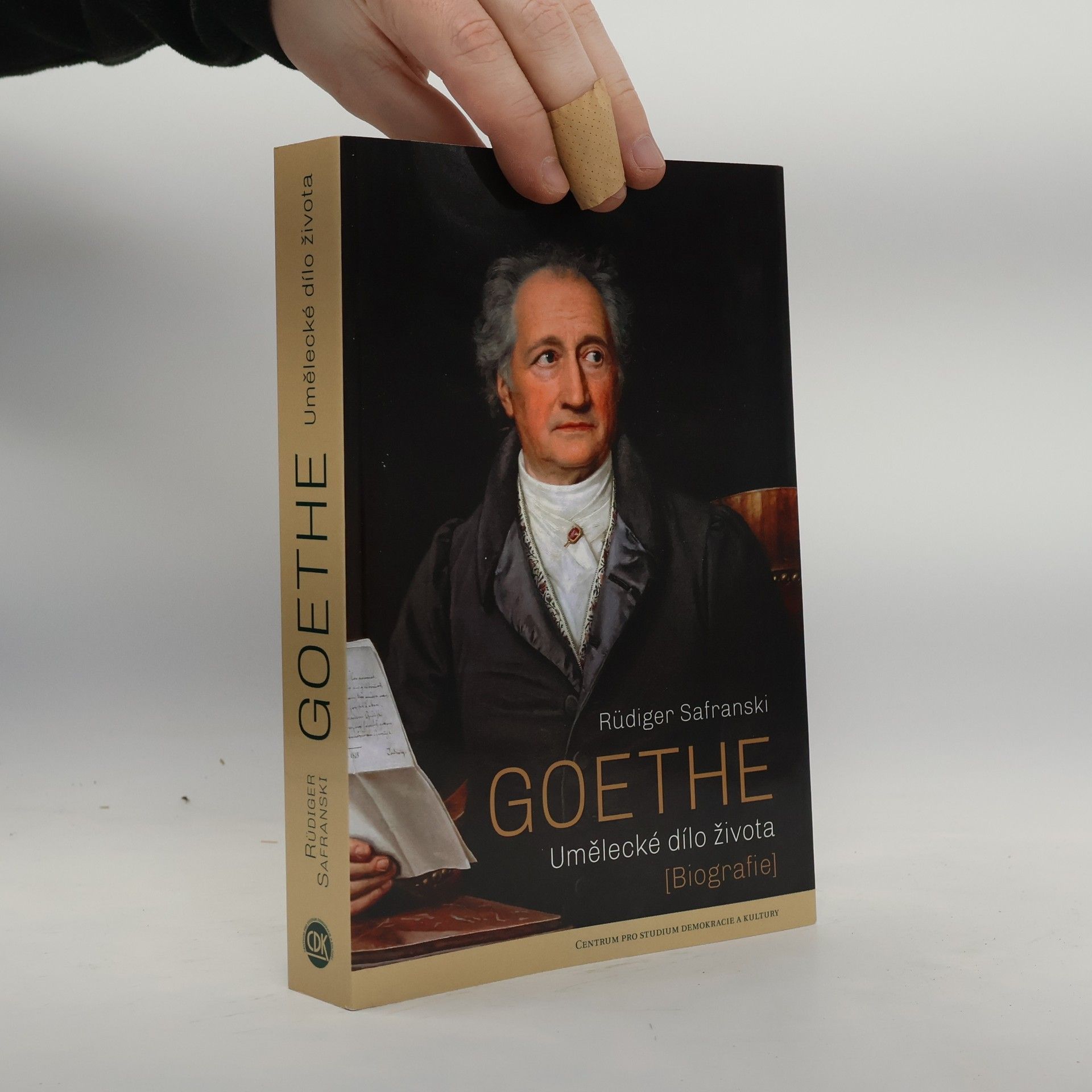
Rüdiger Safranski představuje Goetha v novém světle, čímž nabízí živý obraz tohoto génia století. Biografické prameny k Goethovi jsou bohaté a provázené mnoha názory a interpretacemi. Safranski se zaměřuje na primární zdroje – díla, dopisy, deníky a poznámky současníků – a vytváří tak fascinující portrét muže, jehož životní cesta zahrnuje období od hravého rokoka po střízlivý věk železnic. Goethovo rané literární dílo zůstává dodnes měřítkem, avšak po úspěšném období v Frankfurtu se mu literární život začal zajídat. V roce 1775 se rozhodl pro radikální změnu a odešel do malého vévodství Sasko-výmarského, kde se stal státním ministrem. I nadále tvořil nezapomenutelné básně, divadelní hry a romány, včetně Faustova díla, a uvědomoval si, že jeho život může být také významným dílem, které chce vtisknout nezaměnitelnou podobu. Safranski líčí nejen Goethovu tvorbu a jeho dobu, ale také jeho osobní vývoj. Kniha se stává příkladem umění žít, které je stále relevantní a poučné. Český čtenář tak po více než 46 letech získává ucelenou moderní biografii Goetha, která byla v Německu přijata s nadšením.
Nezbytná četba pro každého, kdo se zajímá o filozofii jednoho z nejzáhadnějších a nejproslulejších světových myslitelů. Žádný jiný moderní filozof není tak vlivný jako Friedrich Nietzsche (1844–1900), a žádný není tak špatně chápán. Rüdiger Safranski, jeden z předních znalců Nietzscheho díla, poutavě líčí jeho strastiplné životní osudy, podrobně vysvětluje a komentuje jeho filozofické dílo a zároveň hodnotí jeho důsledky v oblasti morálky, náboženství a umění. Nietzsche ve snaze odpoutat se od tísnivého břemene minulosti vytvořil jedinečnou filozofii založenou na sebeuvědomění a neustálém seberevizi. Jeho myšlení si můžeme představit jako laboratoř, ve které se experimentuje s provokativními a někdy i riskantními argumenty. Tato průkopnická a nadčasová biografie, jež byla přeložena do mnoha jazyků, nabízí brilantní a mnohostranný portrét neobyčejné osobnosti. Podtitul „Biografie jeho myšlení“ vhodně charakterizuje tuto úspěšnou knihu věnovanou Friedrichu Nietzschemu.
A masterful intellectual portrait, Goethe: Life as a Work of Art is celebrated as the seminal twenty-first-century biography of the writer considered to be the Shakespeare of German literature. Johann Wolfgang von Goethe (1749–1832), a remarkably prolific poet, playwright, novelist, and—as Rüdiger Safranksi emphasizes—a statesman and naturalist, first awakened not only a burgeoning German nation but the European continent with his electrifying novel The Sorrows of Young Werther . Safranski has scoured Goethe’s entire oeuvre, relying exclusively on primary sources, including his correspondence with contemporaries, to produce a “fresh and authentic” ( Economist ) portrait of the avatar of the Romantic era. Skillfully blending “artistic analysis with swift, sharp renderings” of the great political and intellectual figures Goethe encountered, “[Safranski’s] portrait of the prolific genius leaves the reader with lasting awe, even envy” of a monumental legacy ( The New Yorker ). As Safranski ultimately shows, Goethe’s greatest creation, even in comparison to his masterpiece Faust, was his own life.
This detailed biography of a key figure in nineteenth-century philosophy examines both the life and work of Arthur Schopenhauer. Rudiger Safranski situates Schopenhauer within the context of his philosophical predecessors and contemporaries, such as Kant, Fichte, Schelling, and Hegel, while exploring the sources of his profound alienation from their "secularized religion of reason." The narrative delves into Schopenhauer's personal life, depicting struggles against a domineering father and the challenges of reconciling with his mother's literary success, as well as the loneliness he faced when his major work, The World as Will and Representation, was initially overlooked. Safranski also highlights the vibrant culture of Goethe's Weimar and Hegel's Berlin, enriching the portrayal of the era's intellectual landscape. Schopenhauer's philosophy, characterized by "weeping and gnashing of teeth," found few followers during the Romantic idealism of his time. However, after the disillusionments of 1848, his ideas gained traction among philosophers and writers, influencing figures from Nietzsche to Samuel Beckett. This biography, the first of Schopenhauer in English this century, vividly brings to life an intriguing philosopher and the intellectual battles of his time, whose impact continues to resonate today.
Zum 200. Todestag von E. T. A. Hoffmann: Bestsellerautor Rüdiger Safranskis bis heute konkurrenzlose Biografie, erweitert um ein Nachwort Eigentlich wollte E. T. A. Hoffmann Musiker werden, und als Komponist und Kapellmeister hat er es zu einigen Erfolgen gebracht. Zur Sicherheit studierte er Jura, aber dann begann er aus einer Laune heraus Erzählungen und Romane zu schreiben, die bis heute lebendig geblieben sind: „Lebens-Ansichten des Katers Murr“, „Die Elixiere des Teufels“, „Die Serapionsbrüder“. Rüdiger Safranski hat ihm 1984 seine erste Biographie gewidmet, nun erscheint sie neu zum 200. Todestag, erweitert um ein Nachwort. Man findet in ihr alles Wissenswerte über Leben und Werk, aber sie weckt vor allem die Lust, in die wilden Geschichten des E. T. A. Hoffmann einzutauchen.
Zum 250. Geburtstag Friedrich Hölderlins: Rüdiger Safranskis Biographie über den großen unbekannten Dichter Dies ist die Geschichte eines Einzelgängers, der keinen Halt im Leben fand, obwohl er hingebungsvoll liebte und geliebt wurde: Friedrich Hölderlin. Als Dichter, Übersetzer, Philosoph, Hauslehrer und Revolutionär lebte er in zerreißenden Spannungen, unter denen er schließlich zusammenbrach. Erst das 20. Jahrhundert entdeckte seine tatsächliche Bedeutung, manche verklärten ihn sogar zu einem Mythos. Doch immer noch ist Friedrich Hölderlin der große Unbekannte unter den Klassikern der deutschen Literatur. Der 250. Geburtstag im März 2020 ist eine gute Gelegenheit, sich ihm und seinem Geheimnis zu nähern. Rüdiger Safranskis Biografie gelingt das auf bewundernswerte Weise.
Goethe oddziałuje inspirująco nie tylko swoim dziełem, lecz także swoją biografią. Był nie tylko wielkim pisarzem, lecz także wielkim mistrzem sztuki życia. Jedno i drugie czyni go dla potomności źródłem niewyczerpanym. Przeczuwał to sam, nawet jeśli w jednym ze swoich ostatnich listów do Zeltera pisał, że jest w pełni zrośnięty z epoką, która nigdy już nie powróci. Mimo to Goethe może się wydawać kimś żywotniejszym i bardziej współczesnym niż wielu żyjących, z którymi zwykle mamy do czynienia. Przeglądając się w zwierciadle Goethego, każde pokolenie ma szansę zrozumieć lepiej również samo siebie i swój własny czas. Książka ta podejmuje właśnie taką próbę, opisując życie i dzieło człowieka, który był geniuszem swojego wieku, a zarazem pragnąc na jego przykładzie zbadać możliwości i granice uprawiania sztuki życia.
Zum 100. Todestag: Rüdiger Safranski über Franz Kafka – Jahrhundertfigur der Weltliteratur „Ich habe kein litterarisches Interesse, sondern bestehe aus Litteratur, ich bin nichts anderes und kann nichts anderes sein", schrieb Franz Kafka an seine Verlobte Felice Bauer. Das Schreiben war seine Existenz, die ihm mehr bedeutete als ein vollendetes Werk. Rüdiger Safranski beobachtet Franz Kafka beim Schreiben, um den Geheimnissen seiner Texte näher zu kommen. In dessen Briefen liest er von den Augenblicken des Glücks, die Kafka am Schreibtisch erlebt, und von Momenten, in denen ihm die Welt vollkommen fremd erscheint. Versteht man Kafkas Bücher als Zeugnisse solcher Grenzerfahrungen, entfalten ihre Geheimnisse eine ganz unmittelbare Kraft. Eine solche Lektüre führt ins Zentrum eines Werks, das zu den Höhepunkten der Weltliteratur zählt.